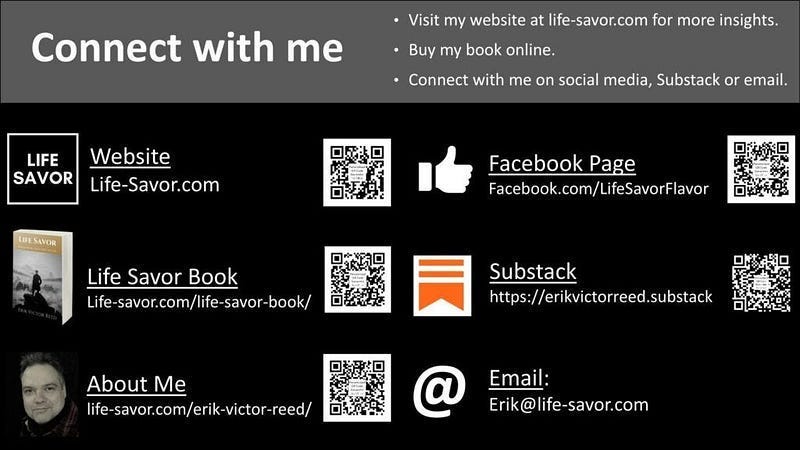Why living toward something matters more than avoiding failure
The Ache of Regret
When people look back at the end of their lives, the most common refrain is not, “I wish I had failed less.” It is, “I wish I had lived truer to myself.”
Regret aches because it cannot be undone. We can recover from failure, but we cannot recover the chances we never took. That is why regret often stings deeper than loss.
Dreams as Anchors
Purpose gives us a direction. Dreams, even imperfect ones, act like anchors that hold us steady amid drift. They say: this is where I want to go. This is who I want to be.
Without purpose, we scatter our time across distractions and obligations. With it, we gather our days into a story that makes sense—and a story we can be proud of.
The point is not whether we fully realize the dream. The point is whether we orient toward it. Purpose steadies us, even when outcomes are uncertain.
The Weight of Inaction
Picture someone standing before a piano, yearning to play but never sitting down. Or someone longing to travel, but always deferring until “someday.” Or someone who loves deeply but never says the words aloud.
Each inaction grows heavier with time. Eventually, the piano is sold, the chance to travel fades, the person we loved is gone.
This is how regret builds: not in dramatic failures, but in quiet neglect.
Failure as Teacher
Failure, by contrast, carries its own reward. We learn, we adapt, we grow resilient. We discover strength we didn’t know we had.
Think of a child learning to walk. She stumbles again and again, but each fall is part of the triumph. We would never say she should have stayed seated to avoid failing.
Adults need the same reminder: stumbling is not the enemy. Frightened stillness is.
The Fork in the Road
At every stage, life presents us with a fork: live toward a purpose or drift into regret.
One path demands risk, effort, courage. The other feels safer but carries a hidden cost: emptiness.
We may not control outcomes. But we can control which fork we take. And choosing purpose over drift is how we avoid the slow corrosion of regret.
At the Deathbed
Nurses and caregivers who spend time with the dying often report similar reflections: people rarely regret the risks they took, even if they failed. What they regret are the words unspoken, the dreams deferred, the adventures never begun.
Mortality sharpens the lesson: one day, the chance to try will be gone. The question then will not be, “Did I always succeed?” but “Did I dare?”
Practices for Living With Purpose
- Clarify your dream. Write down the life you long for, however messy.
- Take one step. Purpose is lived through daily actions, not grand gestures.
- Speak the words. Say what matters before it’s too late.
- Reframe failure. Treat each stumble as evidence you were alive and reaching.
The point is not perfection. It is alignment.
The Gift of Direction
Purpose transforms even hardship. A long night of study, a grueling workout, a difficult conversation — these feel bearable, even noble, when they serve a larger aim.
Without purpose, hardship feels meaningless. With it, hardship becomes a sacrifice worth making.
That’s why people who live toward something rarely drown in regret. They know their lives, even with failures, pointed somewhere worth going.
Closing Thought
Regret is born of neglect. Purpose is born of courage.
Choose your dream. Live toward it, however imperfectly. Risk the stumble. Speak the words. Begin the journey.
Because when the last chapter is written, you won’t care about every failure. You’ll care about whether you lived a life you can recognize as your own.
And that recognition is the opposite of regret.
For more like this, visit the broader project at life-savor.com, or explore the Life Savor book itself.
To learn more about Life Savor’s philosophy,
read Life Savor: Treasuring Our Gift of Life by Erik Victor Reed.








